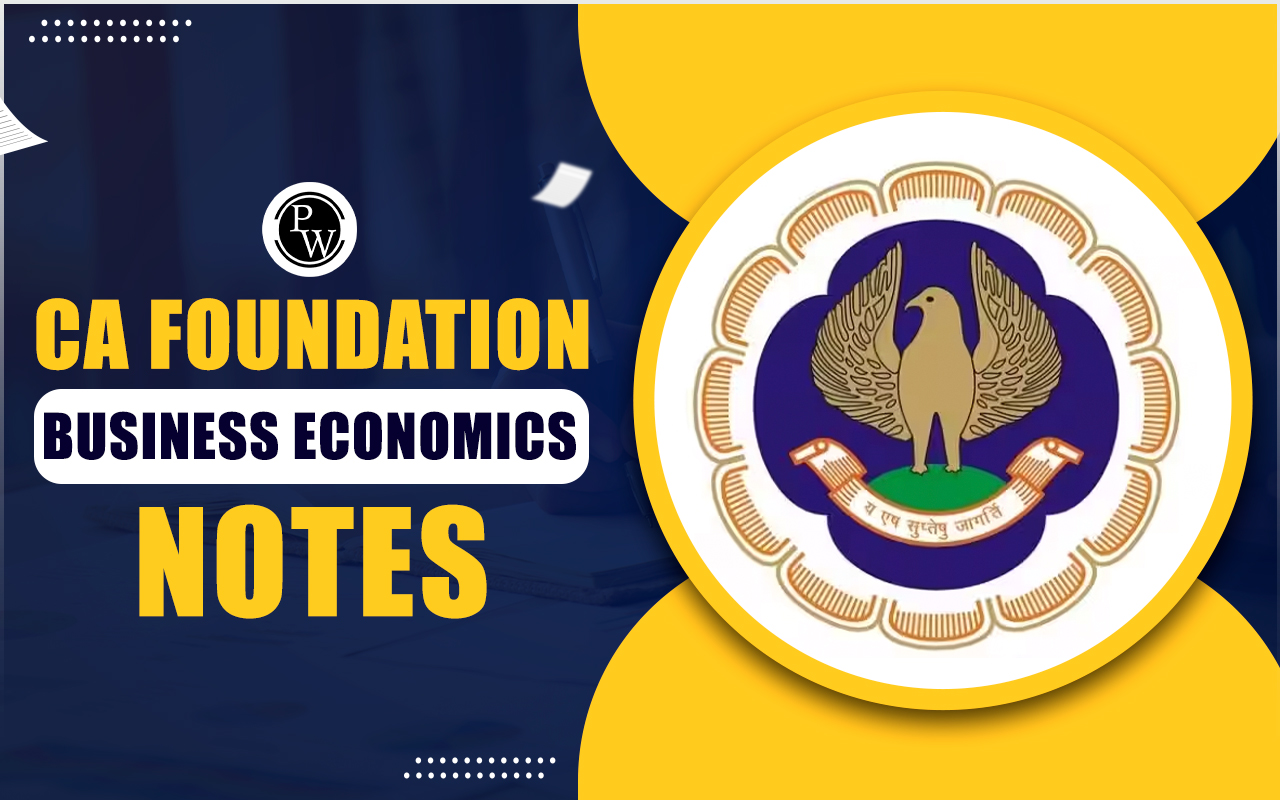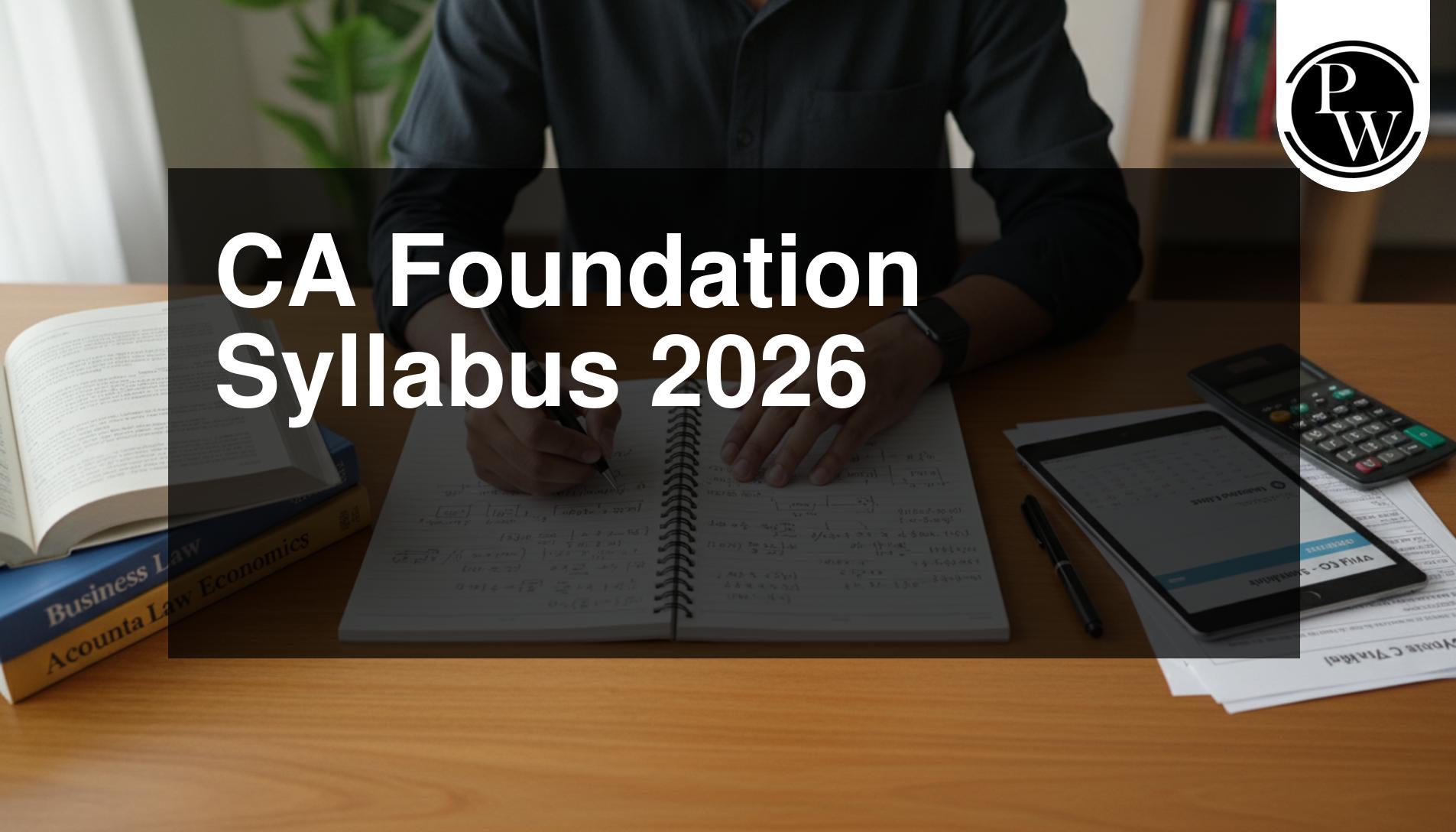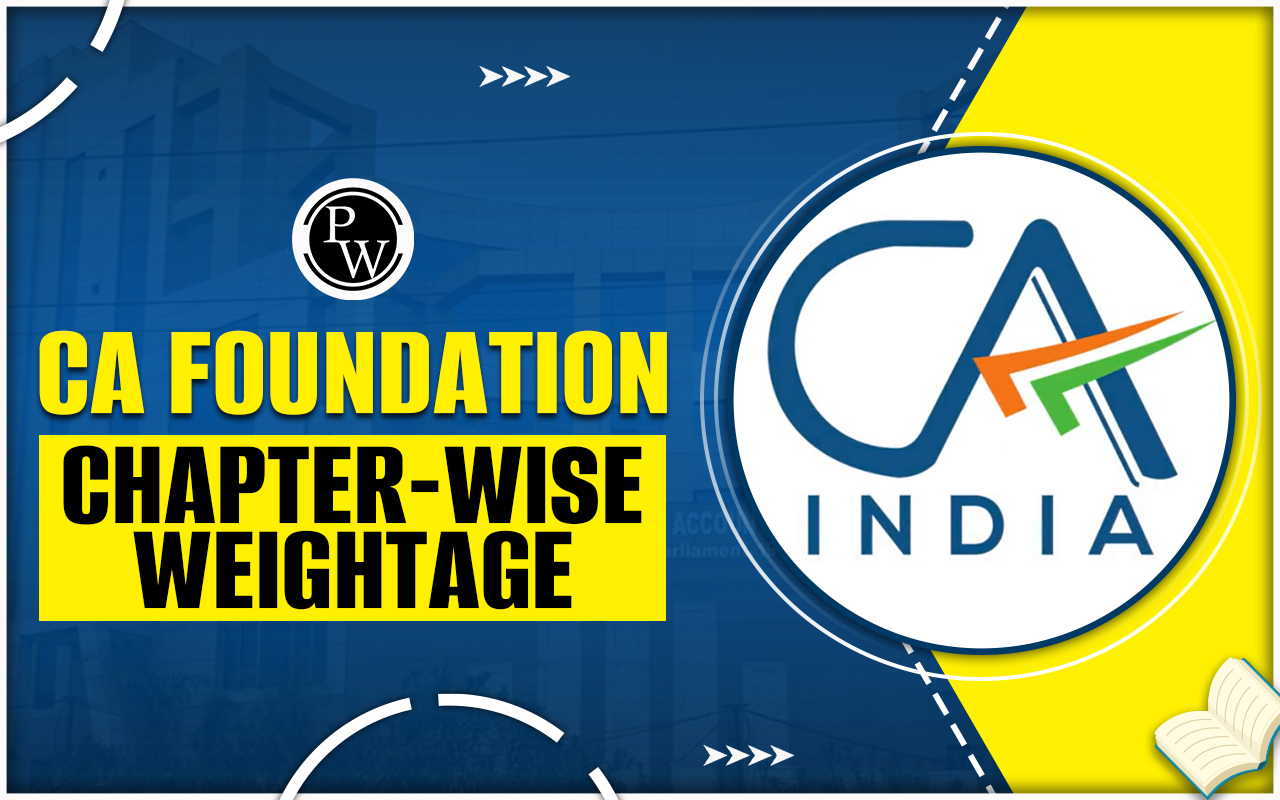
The CA Foundation Quantitative Aptitude Sequence and Series section is one of the most important yet misunderstood topics. Many CA aspirants feel anxious when faced with questions from this part of the syllabus. However, mastering sequence and series is crucial for clearing the Quantitative Aptitude section in your CA Foundation exam. Understanding the patterns and logic behind these problems can open the door to quicker solutions and, ultimately, higher scores.
If you're worried about your preparation, don’t worry! This article will break down the concept of sequence and series, explore the types of problems you can expect, and offer practical tips to enhance your understanding.What Is Quantitative Aptitude Sequence And Series?
The term Quantitative Aptitude Sequence and Series refers to a set of mathematical problems that deal with patterns, sequences, and progression. A sequence is a set of numbers arranged in a particular order, and a series is the sum of the elements of a sequence. Understanding how numbers are ordered or how patterns evolve is key in solving problems related to arithmetic progressions (AP), geometric progressions (GP), and harmonic progressions (HP). These concepts are regularly tested in the CA Foundation exam under Quantitative Aptitude. The good news is that once you grasp the basic logic, you can solve these problems with confidence and speed.Importance of Quantitative Aptitude Sequence and Series
Mastering the Quantitative Aptitude Sequence and Series is critical for CA Foundation aspirants because it forms the base for many other mathematical problems. Whether you are calculating interest rates, predicting cash flows, or working with future projections, sequence and series are embedded in the problem-solving process. In the CA Foundation exam, a significant portion of the Quantitative Aptitude paper tests your ability to quickly identify sequences and series and solve them accurately. Speed and precision are essential, and having a strong foundation in this topic will give you an edge over others. Furthermore, developing this skill not only helps in exams but also in real-life financial scenarios. Accountants, financial analysts, and auditors frequently work with sequences and trends when analyzing financial data.Also Check: CA Foundation Quantitative Aptitude Notes
Common Types of Questions on Quantitative Aptitude Sequence and Series
When preparing for the CA Foundation Quantitative Aptitude Sequence and Series, you will likely encounter these common types of problems:1. Arithmetic Progression (AP)
An arithmetic progression is a sequence of numbers where each term after the first is obtained by adding a constant difference. Example: 2, 4, 6, 8,... where the common difference is 2.2. Geometric Progression (GP)
In a geometric progression, each term is obtained by multiplying the previous term by a fixed number, called the common ratio. Example: 3, 6, 12, 24,... where the common ratio is 2.3. Harmonic Progression (HP)
This sequence is the reciprocal of the arithmetic progression. If a sequence is in HP, then its reciprocals are in AP. Example: 1, 1/2, 1/3, 1/4...4. Sum of Series
This refers to finding the sum of the terms in a sequence, such as the sum of n terms of an AP or GP. For instance, the sum of the first n terms of an AP can be calculated using the formula: Sn=n/2×(2a+(n−1)⋅d), where 'a' is the first term, 'd' is the common difference, and 'n' is the number of terms. Practicing these types of questions will solidify your understanding of the Quantitative Aptitude Sequence and Series and help you solve problems faster during the exam.Tips to Master Quantitative Aptitude Sequence and Series
Now that you know what types of questions are likely to appear, let's discuss some essential tips to help you master the Quantitative Aptitude Sequence and Series:1. Understand the Basics:
Start by understanding the basic definitions and formulas of AP, GP, and HP. Once you have a solid foundation, the complex questions will become easier to solve.2. Practice Regularly:
Solving as many problems as possible is the best way to master the topic. Practice from different sources, including previous year's question papers and mock tests. Repetition will help reinforce your understanding and speed up your problem-solving skills.3. Memorize Key Formulas:
Some formulas, such as the sum of n terms in an AP or GP, will save you a lot of time in the exam. Make a habit of reviewing these formulas daily until they become second nature.4. Work on Speed and Accuracy:
In the CA Foundation exam, both speed and accuracy matter. Try solving problems within a set time limit. This will not only boost your confidence but also help you manage time effectively during the actual exam.5. Use Visualization:
Visualizing the pattern of numbers in a sequence can help you understand the logic behind it better. You can sketch graphs or draw number lines to get a clearer picture. At PW CA Foundation Courses, we offer the support and resources you need to ace your Quantitative Aptitude section and crack the CA Foundation exam. Don't wait! Join us today and take the first step toward becoming a successful CA.| Also Check |
| CA Foundation Quantitative Aptitude Theoretical Distribution |
| CA Foundation Quantitative Aptitude Probability |
CA Foundation Quantitative Aptitude Sequence FAQs
What is the difference between sequence and series in Quantitative Aptitude?
A sequence is a set of numbers arranged in a specific order, while a series is the sum of the numbers in a sequence.
Why is Quantitative Aptitude Sequence and Series important in the CA Foundation exam?
It forms the foundation for solving complex problems in the Quantitative Aptitude section, which is crucial for passing the exam.
How can I improve my speed in solving sequence and series problems?
Regular practice, memorizing key formulas, and timing yourself during mock tests can help improve your speed and accuracy.
What types of progression are tested in the CA Foundation exam?
Common progressions tested include Arithmetic Progression (AP), Geometric Progression (GP), and Harmonic Progression (HP).
🔥 Trending Blogs
Talk to a counsellorHave doubts? Our support team will be happy to assist you!

Free Learning Resources
PW Books
Notes (Class 10-12)
PW Study Materials
Notes (Class 6-9)
Ncert Solutions
Govt Exams
Class 6th to 12th Online Courses
Govt Job Exams Courses
UPSC Coaching
Defence Exam Coaching
Gate Exam Coaching
Other Exams
Know about Physics Wallah
Physics Wallah is an Indian edtech platform that provides accessible & comprehensive learning experiences to students from Class 6th to postgraduate level. We also provide extensive NCERT solutions, sample paper, NEET, JEE Mains, BITSAT previous year papers & more such resources to students. Physics Wallah also caters to over 3.5 million registered students and over 78 lakh+ Youtube subscribers with 4.8 rating on its app.
We Stand Out because
We provide students with intensive courses with India’s qualified & experienced faculties & mentors. PW strives to make the learning experience comprehensive and accessible for students of all sections of society. We believe in empowering every single student who couldn't dream of a good career in engineering and medical field earlier.
Our Key Focus Areas
Physics Wallah's main focus is to make the learning experience as economical as possible for all students. With our affordable courses like Lakshya, Udaan and Arjuna and many others, we have been able to provide a platform for lakhs of aspirants. From providing Chemistry, Maths, Physics formula to giving e-books of eminent authors like RD Sharma, RS Aggarwal and Lakhmir Singh, PW focuses on every single student's need for preparation.
What Makes Us Different
Physics Wallah strives to develop a comprehensive pedagogical structure for students, where they get a state-of-the-art learning experience with study material and resources. Apart from catering students preparing for JEE Mains and NEET, PW also provides study material for each state board like Uttar Pradesh, Bihar, and others
Copyright © 2026 Physicswallah Limited All rights reserved.









